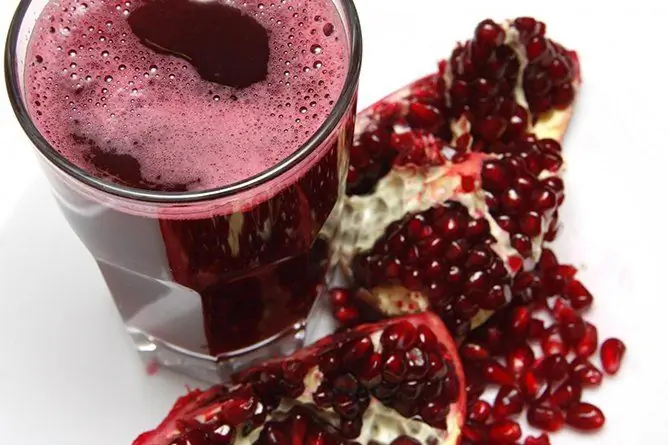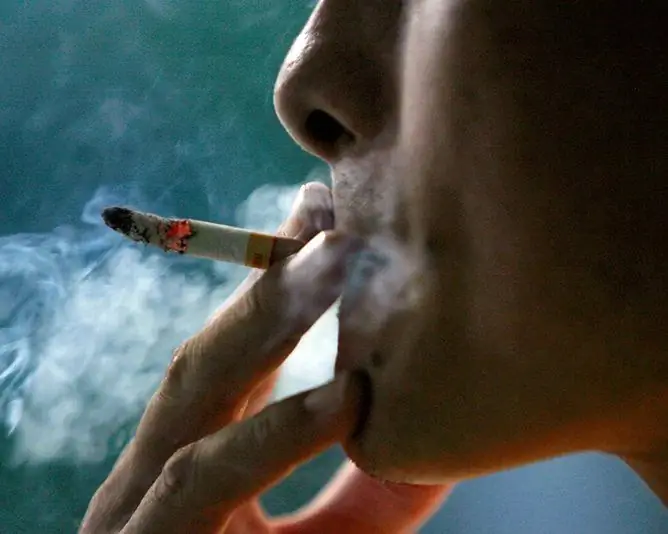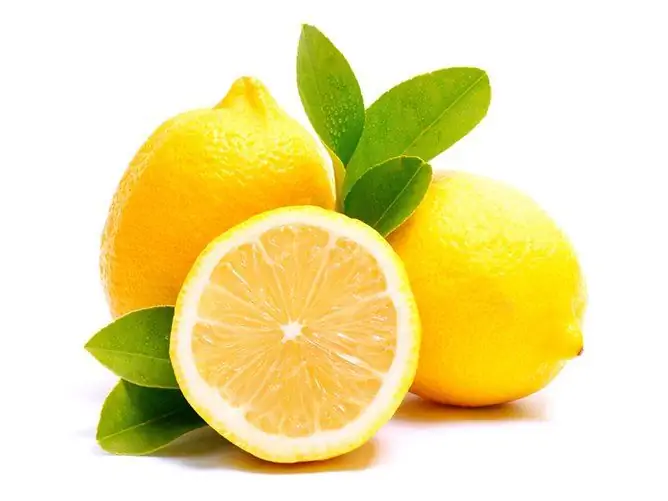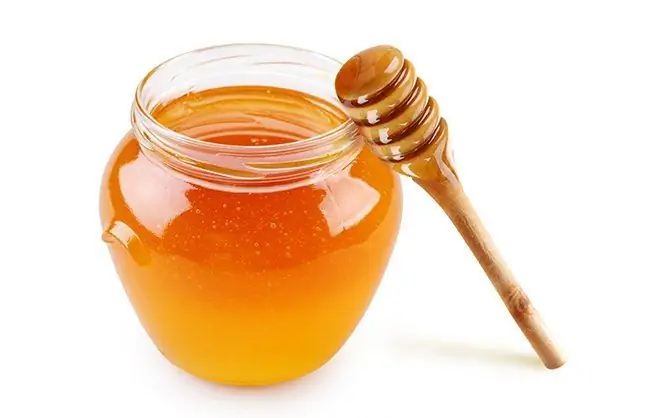- Author Rachel Wainwright wainwright@abchealthonline.com.
- Public 2023-12-15 07:39.
- Last modified 2025-11-02 20:14.
Does hibiscus tea lower or increase blood pressure?
The content of the article:
- Hibiscus and pressure
- How to brew hibiscus correctly to reduce pressure
- What are the beneficial substances contained in hibiscus
- Indications and contraindications for the use of hibiscus
- Video
Does hibiscus pressure decrease or increase? Patients with arterial hyper- and hypotension often ask this question, since the answer to it depends on whether the pressure can be consumed by them. We will try to find out this, as well as what are the beneficial properties of hibiscus tea under pressure.

Hibiscus drink has a number of beneficial properties, including lowering blood pressure
Tea made from hibiscus, a plant also called hibiscus and Sudanese rose, is a popular drink in bright or dark red colors. It contains amino acids, vitamins, micro and macro elements. In the absence of contraindications, it can be used by people of all age groups.
Hibiscus and pressure
It is believed that hot hibiscus raises blood pressure, and cold hibiscus lowers. However, studies have not confirmed this - it turned out that tea from the Sudanese rose of any temperature lowers blood pressure. For this reason, the drink is recommended for use with high blood pressure as a mild natural remedy for hypertension, and people with low blood pressure should use it with caution, controlling their well-being. It does not follow from this that hibiscus can replace antihypertensive drugs - its action to lower high blood pressure is not enough. Tea can only be used as a pleasant adjunct to treatment when required.
It is also worth noting that in a small amount (1-2 cups), hibiscus may not have any effect on blood pressure at all, especially in healthy people.
How to brew hibiscus correctly to reduce pressure
To prepare a pressure-reducing drink, pour one or two teaspoons of dried Sudanese rose flowers with a glass of water and cook for 5 minutes, then cool and drink. It is recommended to sweeten the finished drink with fructose - connoisseurs believe that sugar impairs the taste.
Hibiscus can be brewed with boiling water and like regular tea, at the rate of a teaspoon of dry petals per glass of boiling water. Steamed hibiscus flowers are recommended to be eaten, they are no less useful than the drink itself - they contain pectin, vitamins, organic acids.
You can also make hibiscus tea in this way: place 1-2 teaspoons of dry petals in an enamel container, pour water and leave for two hours, then bring to a boil, but do not boil, remove from heat, cover and leave again until the liquid cools down … Ready tea can be consumed with ice - it perfectly refreshes in hot weather.
Another way to make a healthy drink: add raisins to your taste to 1-2 tablespoons of Sudanese rose petals, pour 1 liter of warm water and leave for 2-3 hours, then drain the infusion and use instead of regular tea or compote. The remaining raisin petals can be used 3-5 times in this way.
Which of the following methods provides the greatest antihypertensive effect? This is to be established experimentally on an individual basis. Experts say that the cooking method does not affect the properties of hibiscus too much, everyone can choose the option that suits his taste.
What are the beneficial substances contained in hibiscus
Due to its chemical composition, hibiscus tea strengthens the walls of blood vessels, regulates their permeability, and stimulates the activity of the gastrointestinal tract. The drink has a diuretic and antispasmodic effect, lowers blood cholesterol. The substances contained in the Sudanese rose provide the following beneficial properties of tea:
- antioxidants - protect the body from free radicals, and thus from premature aging and cancer;
- organic acids (ascorbic, malic, tartaric) - have a beneficial effect on metabolism, help to normalize body weight;
- phenolcarboxylic acids - provide anti-neurological and antirheumatic action;
- manganese - contributes to the maintenance of blood clotting at the proper level, the normal functioning of muscle tissue, prevents fatty liver;
- pectin - normalizes digestion;
- flavonoids - help to cleanse the human body from heavy metal salts and toxins.

Hibiscus, or Sudanese rose, is a beautiful plant, from the dried flowers of which hibiscus tea is prepared
Indications and contraindications for the use of hibiscus
According to experts, the benefits of a drink from a Sudanese rose with moderate use are undeniable, but there are also contraindications that should be taken into account.
Conditions in which the use of hibiscus is shown:
- hypertension;
- allergy;
- intoxication of various etiologies, including alcoholic ones (hibiscus relieves hangover syndrome);
- edema (has a diuretic effect);
- increased body temperature (has an antipyretic effect);
- intestinal atony, a tendency to constipation (has a mild laxative effect);
- infections and helminthic invasions (has anti-infective activity).
In addition, the drink increases the body's resistance to infectious diseases, and with regular use, it stimulates the production of bile. Hibiscus does not contain oxalic acid, so tea made from it does not lead to kidney stones. However, during an exacerbation of urinary or gallstone disease, it is not recommended to drink it, since colic can be provoked. Hibiscus is able to increase the acidity of gastric juice, for this reason it should not be used for gastritis, gastric ulcer and duodenal ulcer.
How hibiscus tea affects the developing fetus and whether it can harm an unborn child when a pregnant woman uses the drink is not completely clear. For this reason, during pregnancy, you should check with your doctor if a woman can drink hibiscus.
Video
We offer for viewing a video on the topic of the article.

Anna Aksenova Medical journalist About the author
Education: 2004-2007 "First Kiev Medical College" specialty "Laboratory Diagnostics".
Found a mistake in the text? Select it and press Ctrl + Enter.






